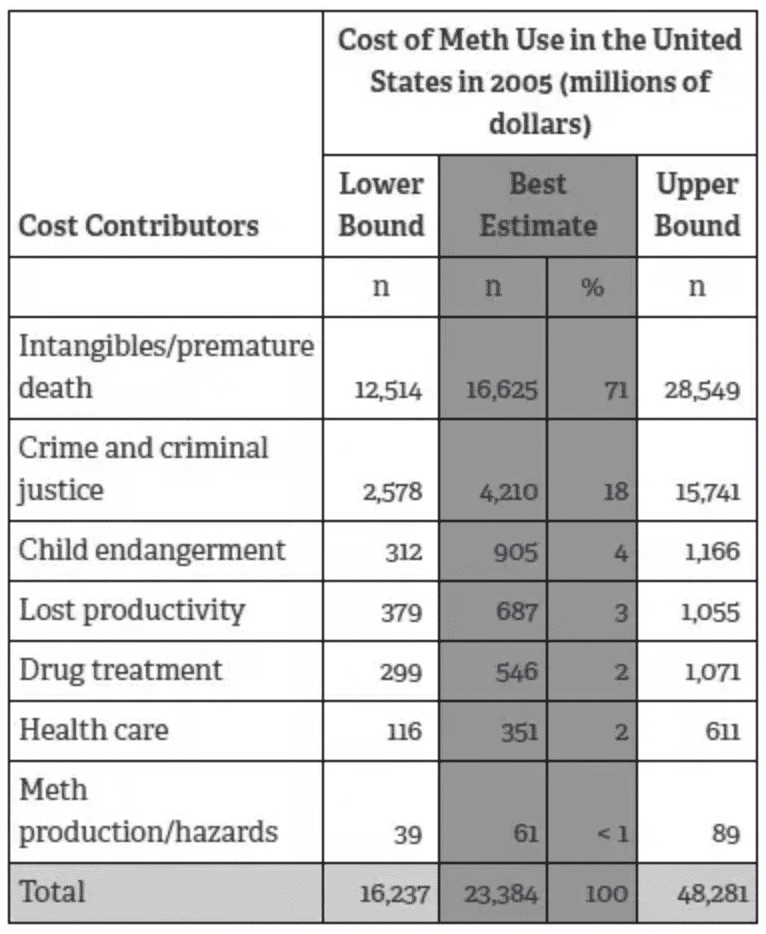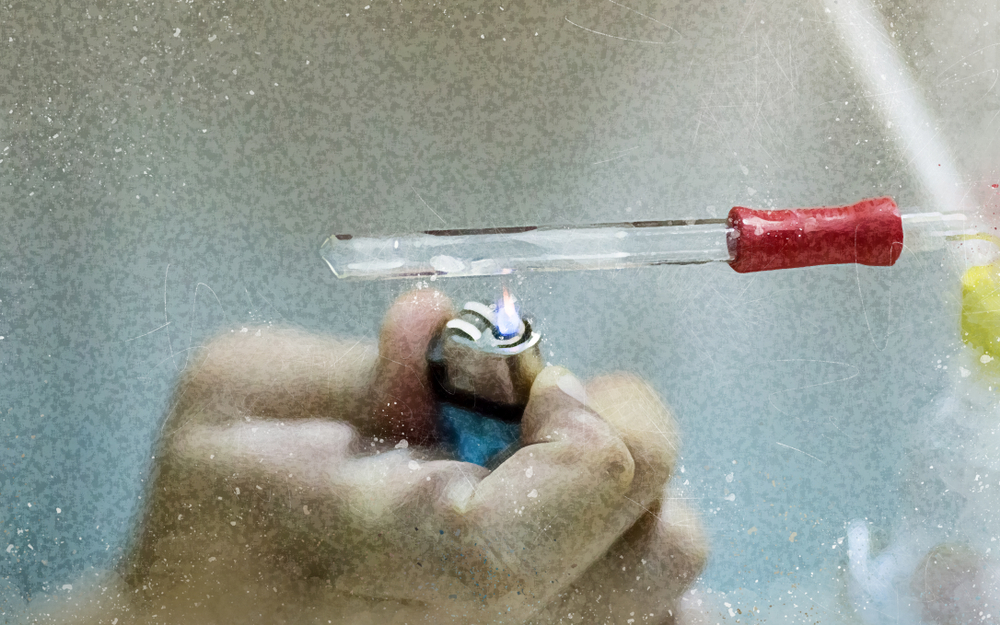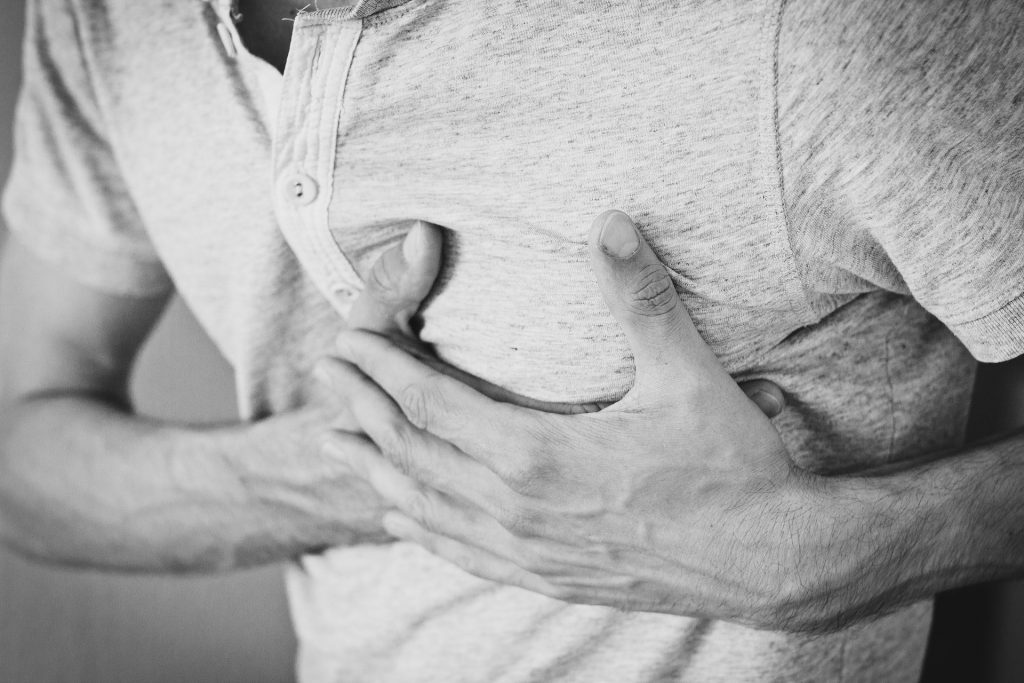How Much Does Crystal Meth Cost in Texas?
When looking at the average price of crystal meth, the street value can vary from city to city, state to state, region to region. Due to our close proximity to the source of 90 percent of the meth available in the United States, the price of meth is typically lower in Texas, than in many other parts of the country. Most of the methamphetamine available in the United States comes across the southern border with Mexico. Due to government crackdowns in the early and mid 2000’s, much of the domestic manufacturing of meth dried-up. This brought a booming business opportunity to Mexican drug cartels and now they are flooding communities in Texas and the US with cheap, highly potent crystal meth.
But how much does meth cost? An addiction to crystal meth will cost as much as you are willing to give. Your home, your family, your job, your friends, your car, your health, even your life. Crystal meth addiction can be very expensive, not just for your pocket book, but a long-term addiction to meth can literally cost you your livelihood and your life.
According to the RAND Corporation, methamphetamine and amphetamine abuse costs the United States roughly $23.4 billion dollars per year. This data was compiled to develop consistent analysis of the many casual associations for the multitude of different harms associated with this deadly drug. Due to the nature of the data available (the most recent year being 2005) researchers created a range of estimates for the total societal cost of methamphetamine abuse in the United States:

Taking all of these factors into account, crystal meth addiction costs much more than would be readily imaginable. Accidental drug overdose death, lost productivity in the workforce, meth addiction rehabilitation services, criminal justice system costs, child endangerment and production hazards from meth labs (chemical poisoning, explosions, property damage, etcetera) all create enormous costs associated with this devastating drug.
Crystal meth is not only highly addictive, it is also the leading cause of drug overdose death in Texas.

Methamphetamine is a powerful stimulant that has been shown to release up to four times as much dopamine in the brain as cocaine. Because it is much cheaper than even crack cocaine, meth has become a very popular drug throughout many different segments of the population. It’s not just in the big cities, like Houston, Dallas or San Antonio. Meth is also a major problem for rural communities across Texas and the nation as a whole.
Due to the relative costs of meth, compared with other stimulants like cocaine, or even Adderall, meth is growing in popularity, regardless of the multiple dangers associated with its use. Even many street drug users have switched from crack cocaine to crystal meth, because it is much cheaper and the high typically lasts much longer. Even though the addict may think they are saving money by switching to methamphetamine, yet a typical meth addict can spend anywhere from $10,000, up to $40,000 per year on acquiring the drug according to conservative estimates. Some estimates state that a person who has developed a long-term addiction can spend up to $74,000 a year on their meth habit.
It’s not just financial costs that make methamphetamine a major problem for many Texas residents. Stimulants, like crystal meth kill more Texans every year than any other type of drug. Meth kills even more people than prescription and illicit opioids do. One of the major reasons for this is that there aren’t any life-saving medications for a meth overdose, like there are for other drugs. For instance, in the case of an opioid overdose, first responders and emergency personnel have the drug Narcan (naloxone) at their disposal. This is an opioid antagonist, that can block the brain’s opioid receptors and essentially reverse the affects of an opioid overdose.
For stimulants like methamphetamine, there is no overdose-reversing drug available. First responders often have trouble with meth overdoses, because many times the subject may be unconscious. This makes it hard for the emergency technicians to determine what is happening to the person. Often with a meth overdose, the person had been using multiple substances so it makes it difficult to determine the best approach to emergency medical care. All of these factors contribute to the increase of meth-related overdose deaths in Texas.
Treatment for meth addiction is available. Recovery is possible.

Treating an addiction to methamphetamine is never an easy task. While a lot of focus has been on the opioid epidemic, meth use is silently roaring back into popularity all across American communities. Where federal funding has been pouring out into these communities to help fight the ongoing opioid crisis, little resources are made available to fight the scourge of methamphetamine abuse that is sweeping the nation.
This is unfortunate as the United States Drug Enforcement Administration (DEA) says that methamphetamine is currently the number one threat to Houston and the rest of the state. The number of overdose deaths, emergency room visits, treatment admissions and law enforcement seizures are all much higher than they are for heroin, which is the number two threat to Texas residents.
This crisis is compounded by the fact that there is no FDA-approved medication currently available to treat a methamphetamine addiction. Researchers at the University of Texas are currently working on a clinical trial for a two-medication treatment that is designed to block the euphoric affects of crystal meth and to reduce the painful symptoms associated with meth withdrawal.

The withdrawal symptoms are a major reason many who struggle with an addiction to meth are afraid to seek treatment. The crash that comes with stopping the use of the drug can be seemingly unbearable. Lethargy, massive mood swings and depression are all very extreme in the case of a meth withdrawal. Sometimes the patient can become violently ill. The fear of the crash is why many people continue their use, even when they really, really want to quit.
If you or a loved one is experiencing an addiction to methamphetamine, you should know that the best time to quit is right now. The longer a meth addiction goes untreated, the more likely severe medical issues can take place. These dangers include accidental overdose death. 715 people in Texas died from an overdose on methamphetamine in 2017 and 320 sought emergency medical attention. There’s no reason this could be yourself or your loved one someday if the addiction continues.
Please give us a call today. At More Than Rehab, we offer a full-spectrum of services to not only help you overcome your addiction, but to help you rebuild your life. Our social model of addiction recovery was designed to help you prepare yourself to live a lifetime of sobriety, long after you leave our drug rehabilitation program. We know how much damage can be done with a long-term binge on crystal meth. Our experienced, compassionate staff is here to help you in every way possible, beginning with a full medical detox. Don’t wait another day, call us right away. We are available 24/7 to help you when you’re ready.










